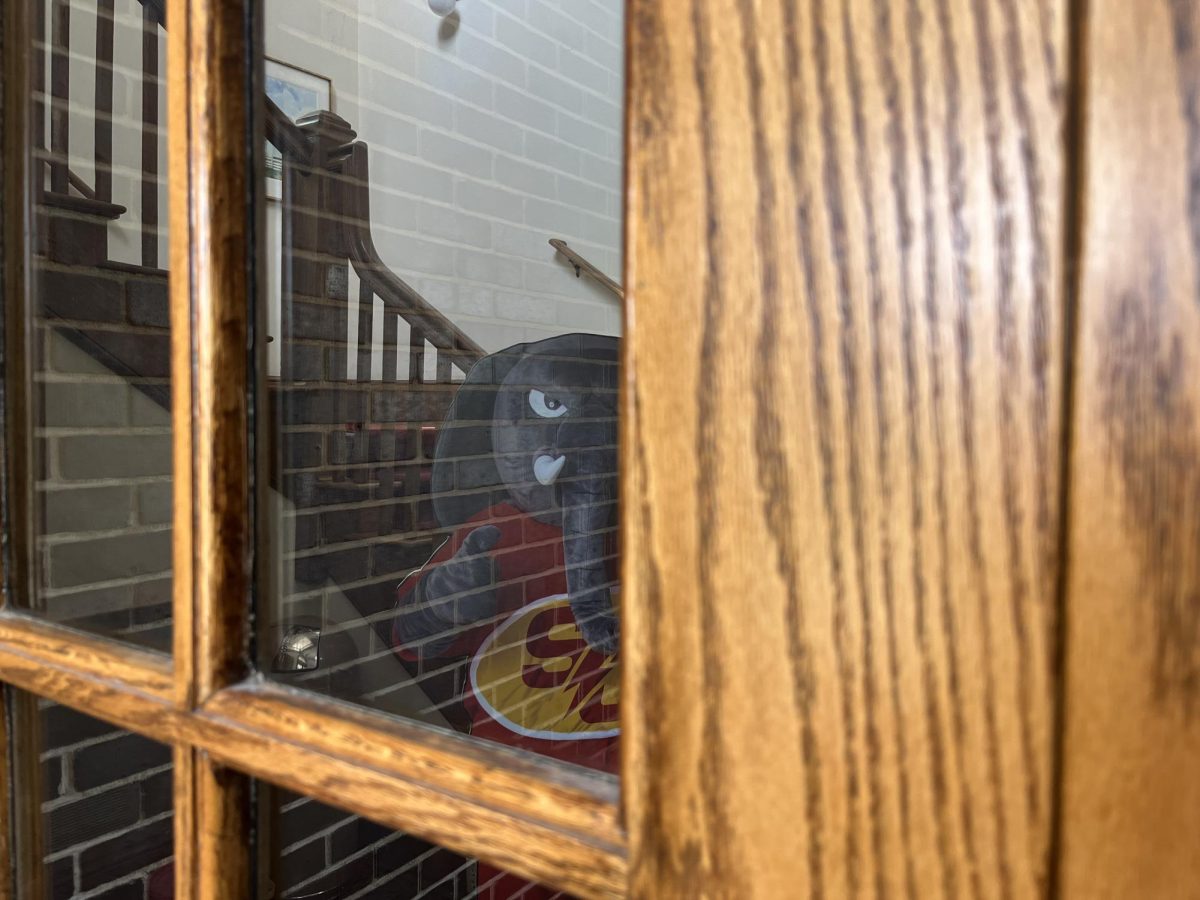Close talker’ thrives outside of Seinfeld’s comic cultural quirks
March 28, 2002
Comfort zones do not exist herein the Yucatan. So, if you have issues with people proximity, get ready to live!
It requires you to throw out the American ideal of personal space if you ever hope to survive.
It is noticeable everywhere-on the bus, in the street, during conversation, and upon meeting someone new.
Crowded public transportation is commonplace, so it’s nothing to be stuffed in through the bus aisles, getting up close and personal with your neighbor’s armpit.
If you’re lucky enough to get a seat during peak hours, you will rest against a stranger’s arm or leg…this is normal. Holding in your limbs and air supply jointly will only make you look like a phobic freak.
Walking down the narrow and congested streets also forces you to test out another comfort level. Especially in bus drop-off areas, the population is intense-everyone filtering out, others maneuvering their way to a different bus line.
You are bound to have some physical contact.
People will bump into you or maybe push you aside with the touch of a guiding hand on your back or waist. However, this shouldn’t be offensive-it’s a courteous act, and is much better than being freight-trained by someone in a mad hurry.
Furthermore, conversation incorporates another set of mannerisms. You are extremely close to each other in this environment. Generally, people talk quietly in cafes and restaurants, so it’s natural to sit or stand closer in order to hear.
You rarely see someone yelling across the table. In fact, now I am aware of the difference in communication rituals.
Americans want more space and talk very loud, while the natives are intimately chatting with very little spatial separation.
In addition, cultural norms apply when meeting someone new or upon seeing a friend.
Not only do you shake the person’s hand, but you kiss them on the cheek as well. Depending on how well you know them, they may even pull you closer to embrace.
At first, it’s a challenge to determine when you should hug and/or kiss.
It can be awkward at times, because you’re unsure what to do-not “greeting” can be seen as rude or almost arrogant. Therefore, it is just one big learning process.
You have to acclimate yourself to strangers touching you, which is an obstacle we encounter as American citizens.
Our culture tends to reserve personal contact for those we know, such as family and friends, or at the very least, acquaintances.
However, becoming aware of those differences, and then beginning to respect another set of norms is a substantial step when you adjust to life in another culture.





